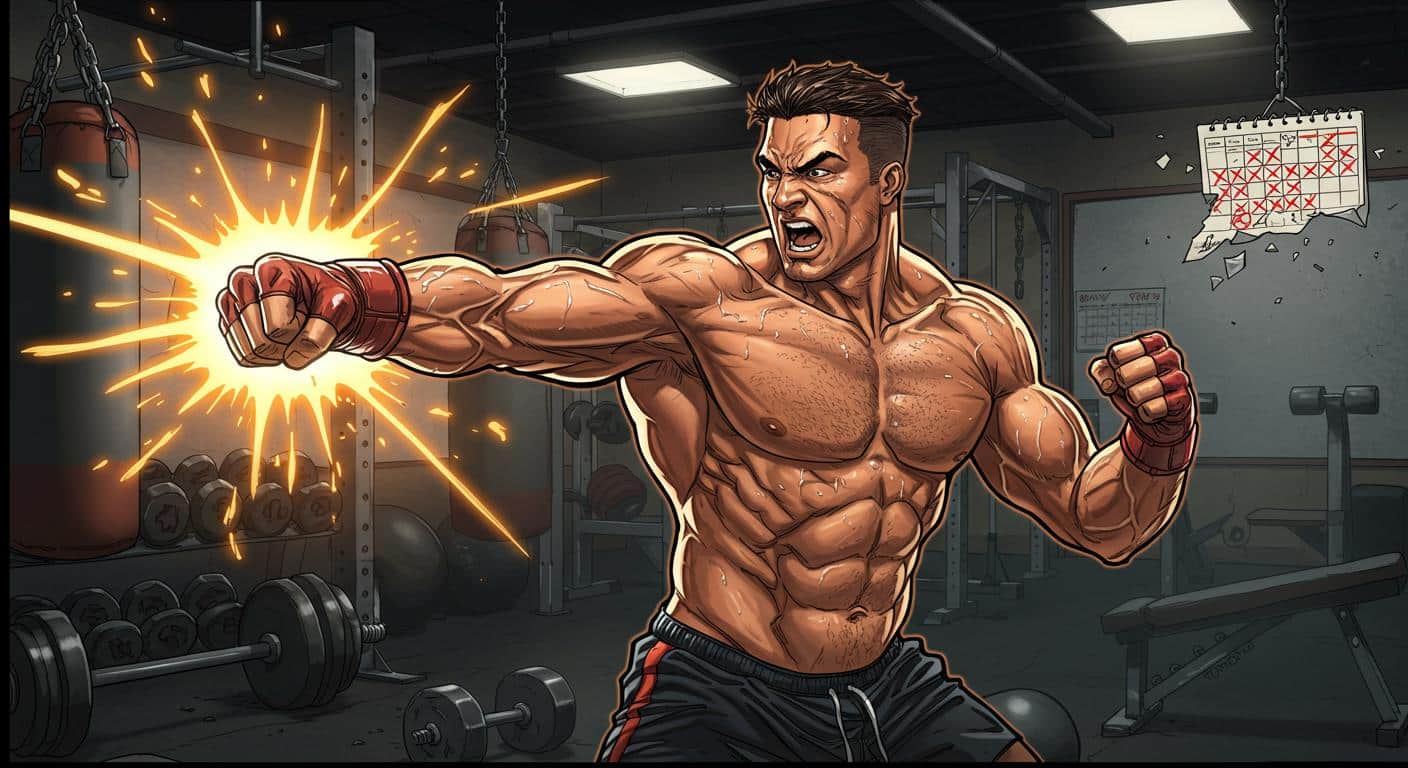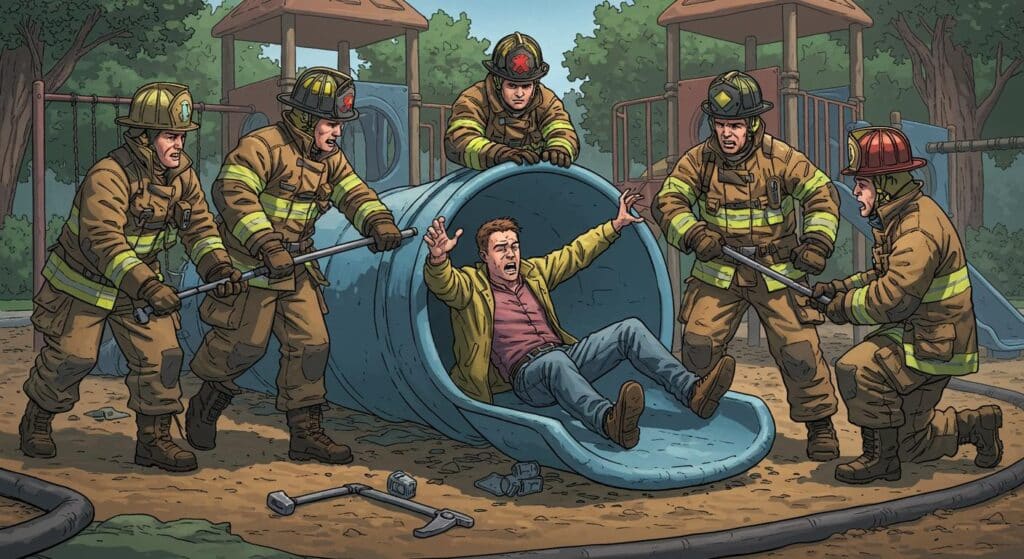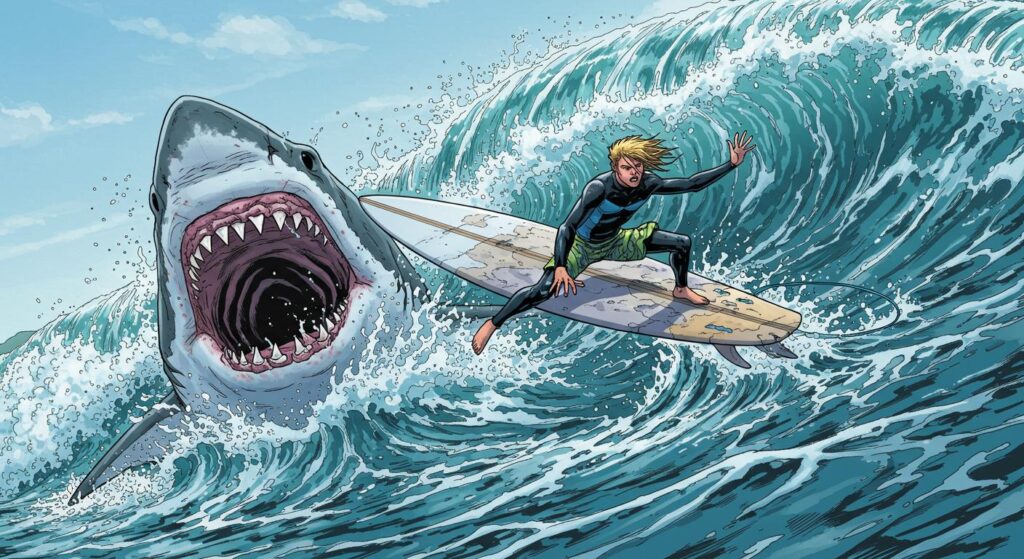Sometimes, a human story comes along that feels suspiciously like a fever dream from the Internet’s stranger neighborhood—a daily ritual of push-ups, squats, and 10ks inspired by a bald manga superhero. Yet, as documented in Men’s Health UK, Li Shuangyong has spent the last thousand days turning comic book absurdity into his own no-budget, egg-and-noodle fueled redemption arc.
So You Want to Be a Superhero
For background: in the world of One-Punch Man, the protagonist makes a hero of himself by faithfully performing the same punishing sequence every day—100 push-ups, 100 sit-ups, 100 squats, topped off with a 10-kilometre run. In the manga, this grants superhuman might (and, regrettably, hair loss). In reality, it apparently grants a startling degree of viral fame—and, if Shuangyong’s journey is any evidence, an impressive resistance to monotony.
Described in Men’s Health, it wasn’t admiration for superhero biceps that got Shuangyong off the couch. He found himself mired in financial debt, with a shuttered fish farming business and a marriage that had collapsed not long after. Turning to a manga character for self-rescue, he began the challenge in August 2021, initially running in shoes that cost less than what you’d find in a thrift store bargain bin. Eggs and instant noodles became daily fare; a diet both cost-effective and familiar to anyone who’s attempted to survive on hope and ingenuity alone.
Internet Accountability and Community
What happens when you spend a thousand days broadcasting your daily pain to the wider world? According to details highlighted by Men’s Health, Shuangyong’s video logs gradually cultivated a digital cheering section—fans across China tuned in, with some in Taiwan going so far as to livestream his runs and participate remotely. The whole thing snowballed: sponsors soon stepped in with proper running shoes and supplements, cementing his reputation as a sort of blue-collar fitness folk hero.
In a note that might make even the most die-hard fitness influencers blink, Oddity Central also reports that the manga’s creator took notice, congratulating Shuangyong on his willpower after the milestone. Whether this counts as canon acknowledgment is debatable, but it’s hard to ignore the meta charm.
Not Exactly Doctor-Recommended, But…
While Shuangyong’s 1,000-day physical streak would have most personal trainers nervously clutching their foam rollers, there’s an underlying sense of stubborn optimism here. Commenters, as Men’s Health relays, have repeatedly noted the unsustainable nature of the routine; still, the magnitude of the discipline—more than 20,000 kilometers run, hundreds of thousands of bodyweight reps—registered as something beyond typical self-improvement. He marked the end in true genre fashion: head shaved, Saitama cosplay in full effect, and no apparent intention to slow down.
With the kind of bravado reserved for those who have already stared down absurdity and found it preferable to despair, Shuangyong is setting his sights on a marathon every single day for a year, seeking Guinness World Record recognition. “Amplify hope without limits,” he told interviewers, which is either an inspirational mission statement or a sly challenge to shoe manufacturers everywhere.
Obsession, Optimism, and the Sketchy Boundary of Inspiration
It’s tempting—and probably correct—to call the “One Punch Man” challenge an ill-advised fitness plan, especially for mortals not seeking internet celebrity or existential reinvention. Yet there’s a magnetic oddness to the story. As Men’s Health notes, the appeal doesn’t come from the workout’s results so much as its existential defiance. Instead of buying into the latest supplement or flashy piece of gear, Shuangyong simply did the thing. Over and over, often in the same cheap shoes.
And what does it say about us that a comic book routine can light the fuse for a global peanut gallery, virtual running partners, and live-streamed pain? Will the next viral fixation be more outlandish yet—or is the ever-present lure of improbable self-transformation already as strange as reality needs to be?
For anyone watching from the comfort of their couch (or ergonomic office chair), it does invite the question: Would you ever follow a fictional hero’s advice to such literal extremes? Or does witnessing someone else’s thousand-day odyssey satisfy the imagination—and the curiosity—just enough?







